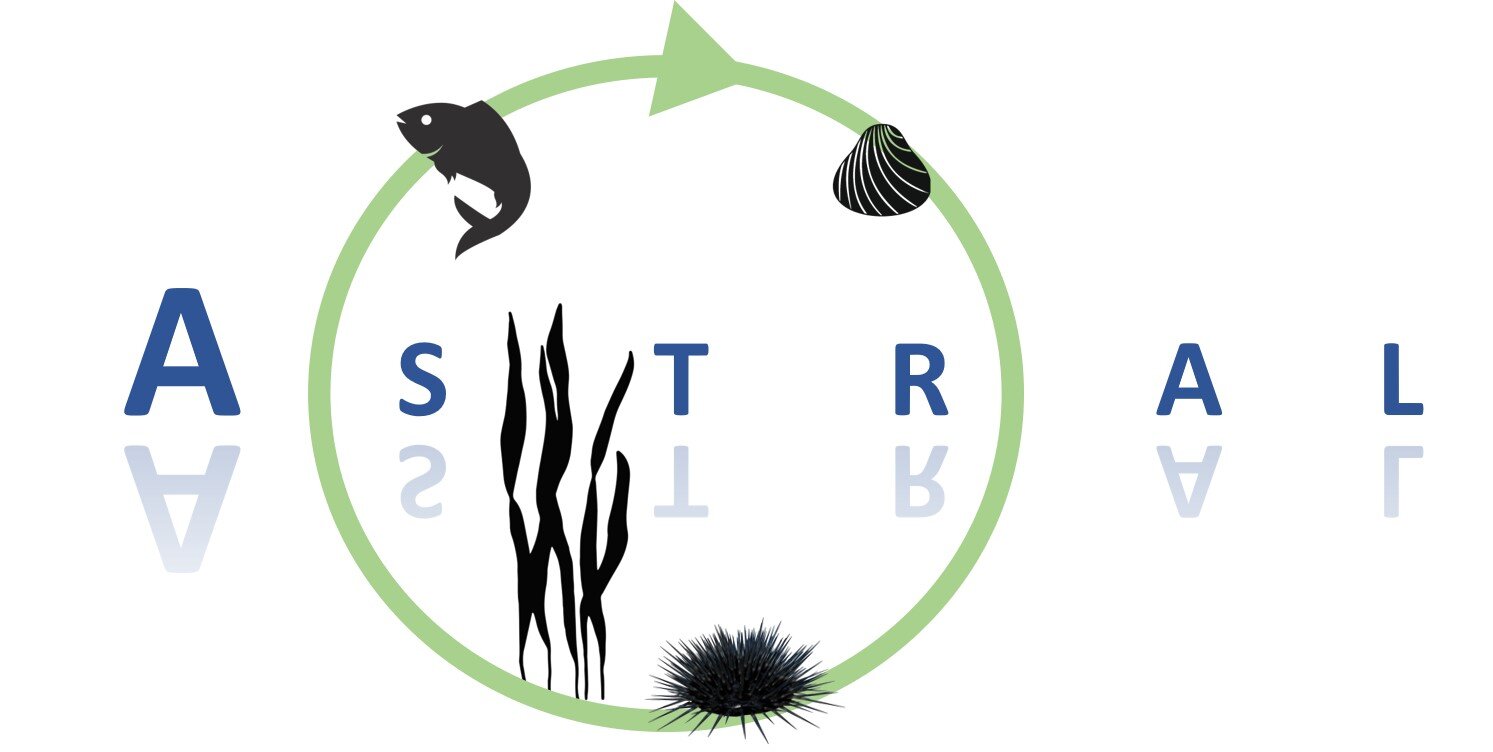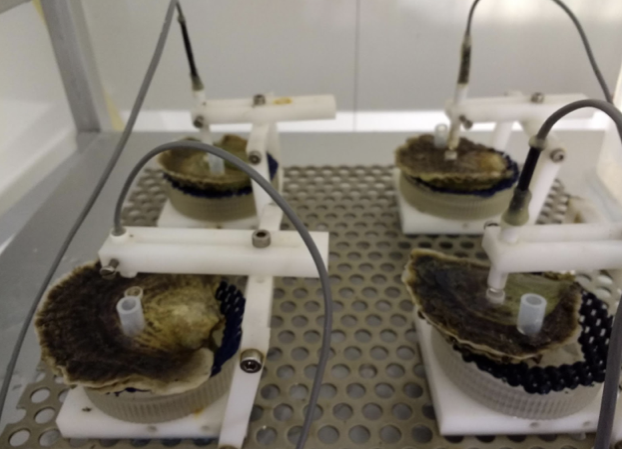ASTRAL: Four Technological Innovations Developed in 2022
ASTRAL Technology Validation: The development of technologies has put the end-users at the centre of the design to best address multi-trophic aquaculture needs and expectations. ASTRAL has invested significant time and effort to validate the designed technologies in the IMTA Labs. This document covers some recent highlights (named pieces 1-4).
1. Low-Cost IoT Kit to Determine Water Quality
The low-cost IoT kit has been developed to answer the cost issue for end-users to acquire real-time water quality data to assist farmers in their day-to-day operations.
Validation is ongoing in four ASTRAL IMTA Labs. Data has been collected, and operations are continuously monitored through the AIDAP platform. Real-time sensor data has already shown benefits to day-to-day activities.
2. Easy to Maintain Bivalve Biosensor
The new MEMS-based Bivalve biosensor provides a straightforward holistic water quality measurement system that is easy to set up and maintain by IMTA operatives. It will supply data to an AI model to determine when significant changes in behaviour occur in the bivalve biosensors.
The first validation started on the 8th of December 2022 using a mains power supply. Later versions will develop battery options and wireless data transfer for remote locations.
3. MEMS-based UV-IS fluorimeter-spectrometer sensor
MEMS-based UV-IS fluorimeter-spectrometer sensor provides improved water quality monitoring with a broad spectrum of physicochemical parameters (e.g. ammonium, nitrate and dissolved oxygen) and may also provide valuable information to support HAB early detection. A system prototype has been shipped to the IMTA Lab in Ireland.
4. Validating Mobility Technology
The project has progressed the validation using technology mobility from the technology provider to the IMTA Labs. Also, the mobility of people has already started for technology fine-tuning in loco. BIOCEANOR researcher Ahmed Janati recently travelled to Brazil to work on integrating the IoT Kits at the local IMTA Lab that works with long-range, low-bandwidth radio communication (LoRa). Mobility proved very useful for technology validation.




